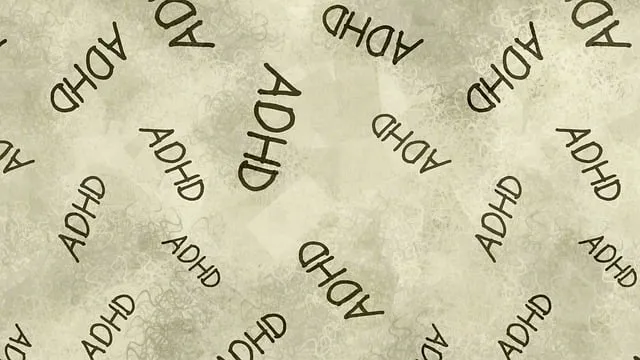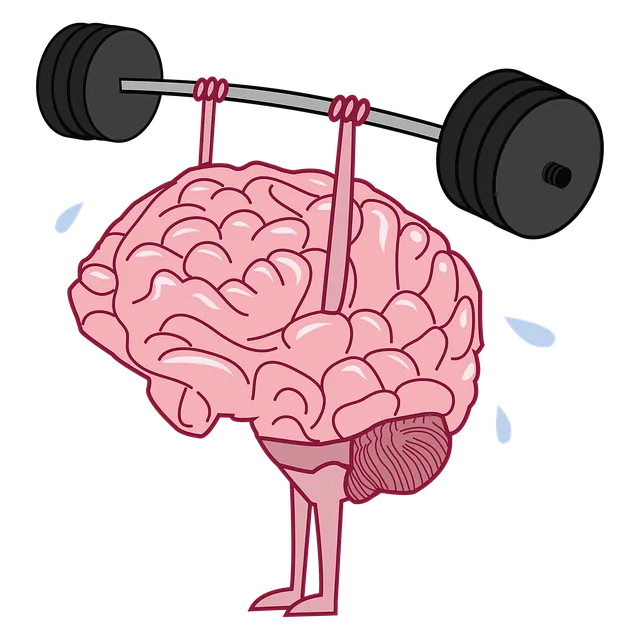The Kaiser Permanente mental health center in Lone Tree emphasizes emotional intelligence (EI) as a key to improved mental well-being and personal growth. Through programs like Social Skills Training and Mental Health Awareness workshops, the center teaches clients self-awareness, emotional regulation, and empathy, empowering them to lead happier lives. Their holistic approach includes mindfulness meditation, journaling, group therapy, and staff training to reduce stigma and burnout, ultimately providing a compassionate environment for all mental health service seekers.
Emotional intelligence (EI) is a powerful tool for personal and professional growth, and its impact is evident in organizations like Kaiser Permanente Mental Health Center Lone Tree. This article explores strategies for building EI, focusing on self-awareness as a cornerstone and empathy as a driver for social skills development. By examining practices at Kaiser Permanente, we uncover how cultivating EI enhances well-being and improves interactions within the healthcare setting. Discover actionable steps to unlock your potential and create a more supportive environment at work or home.
- Understanding Emotional Intelligence: Unlocking Potential at Kaiser Permanente Mental Health Center Lone Tree
- Strategies for Nurturing Self-Awareness: A Cornerstone of Emotional Intelligence
- Building Empathy and Social Skills: Creating a Supportive Environment at Kaiser Permanente
Understanding Emotional Intelligence: Unlocking Potential at Kaiser Permanente Mental Health Center Lone Tree

At Kaiser Permanente Mental Health Center Lone Tree, emotional intelligence (EI) is recognized as a powerful tool for personal growth and improved mental health. EI, or the ability to recognize, understand, and manage one’s own emotions, as well as the emotions of others, plays a significant role in fostering healthy relationships and effective communication. By promoting emotional awareness and empathy, Kaiser Permanente offers a supportive environment where individuals can unlock their full potential.
Through various programs and initiatives, such as Social Skills Training and Mental Health Awareness workshops, the center equips its clients with valuable skills in mood management and emotional regulation. These programs not only enhance self-awareness but also teach practical strategies to navigate challenging situations, leading to better mental well-being and enhanced social interactions. Kaiser Permanente’s holistic approach ensures that individuals leave with a deeper understanding of their emotions and those around them, empowering them to lead happier and more fulfilling lives.
Strategies for Nurturing Self-Awareness: A Cornerstone of Emotional Intelligence

Emotional intelligence building starts with cultivating self-awareness, a cornerstone emphasized by experts at the Kaiser Permanente mental health center in Lone Tree. This involves taking time to understand your emotions and their impact on thoughts and behaviors. Practices such as mindfulness meditation, journaling, and regular reflection can significantly enhance self-awareness. By recognizing and naming your feelings, you begin to see patterns and gain valuable insights into what triggers them.
Nurturing self-awareness is crucial for personal growth, particularly in the context of public awareness campaigns focused on mental health development. It helps individuals recognize signs of stress or depression early, enabling effective prevention strategies. Moreover, this heightened consciousness promotes healthier self-care practices, allowing people to manage their emotional well-being proactively. Incorporating daily rituals that support introspection and emotional connection is key to building a strong foundation for emotional intelligence.
Building Empathy and Social Skills: Creating a Supportive Environment at Kaiser Permanente

At Kaiser Permanente mental health center Lone Tree, building empathy and social skills is at the heart of their approach to fostering a supportive environment. They recognize that emotional intelligence (EI) is crucial not just for individuals’ well-being but also for creating a compassionate community within their walls. Through various initiatives, the center aims to reduce the stigma associated with mental illness, encouraging open conversations and understanding among staff and patients alike.
One of the key strategies involves incorporating self-awareness exercises into daily routines, helping individuals recognize and manage their emotions effectively. Additionally, group therapy sessions facilitate the development of active listening skills, enhancing interpersonal connections. These efforts extend beyond the therapeutic setting, creating a culture where empathy becomes second nature, thereby promoting burnout prevention among healthcare professionals and ensuring a more supportive experience for all those seeking mental health services at Kaiser Permanente Lone Tree.
Emotional intelligence, as demonstrated through successful initiatives at the Kaiser Permanente Mental Health Center Lone Tree, is a powerful tool for personal and professional growth. By fostering self-awareness, empathy, and social skills, individuals can navigate complex interpersonal relationships more effectively. Implementing these strategies not only enhances individual well-being but also creates a supportive and inclusive environment, ultimately benefiting the entire community served by Kaiser Permanente mental health centers.






